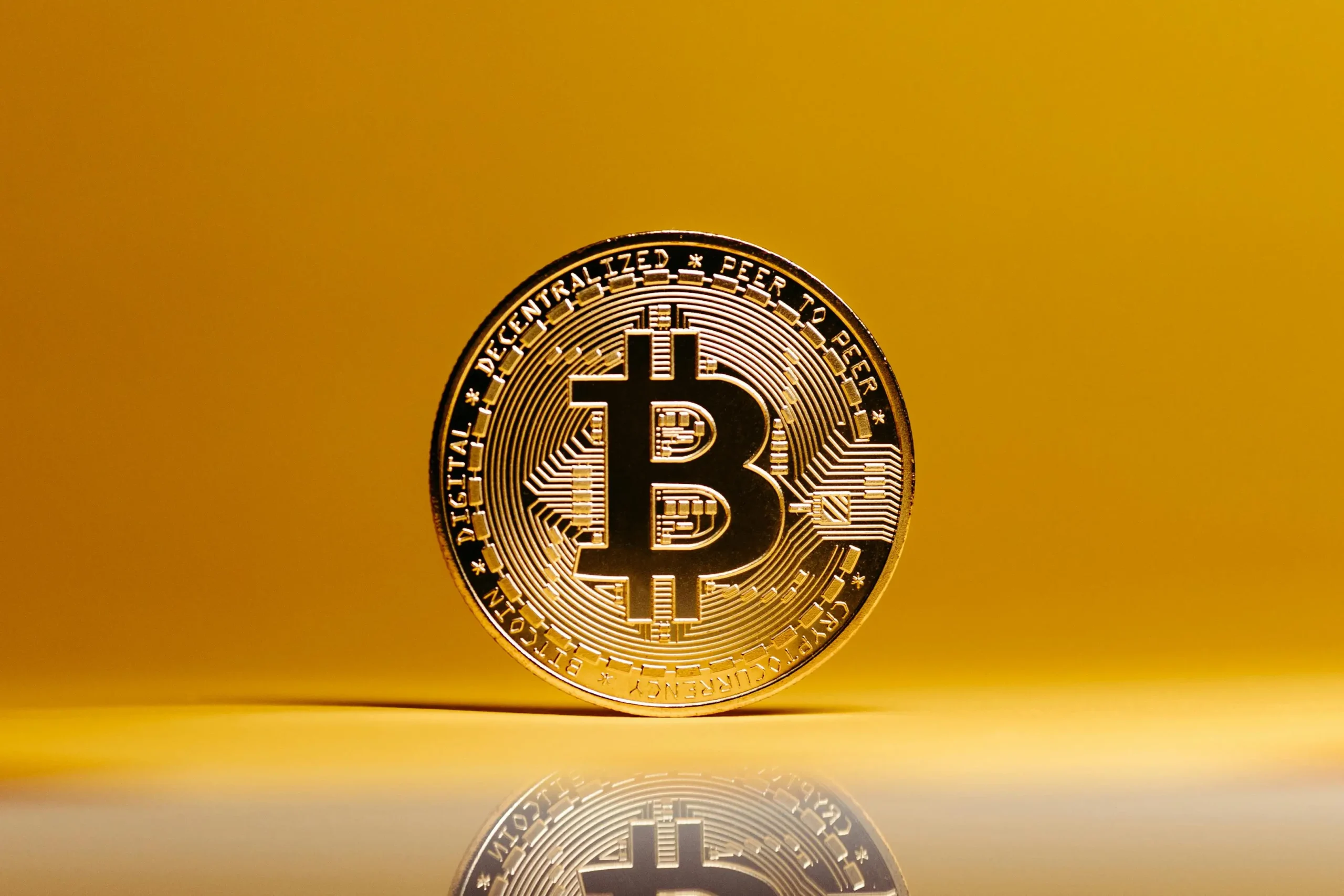Bitcoin Dips Amid Concerns Over Japan’s New Prime Minister
30.09.2024 16:45 1 min. read Alexander Stefanov
Bitcoin experienced a significant sell-off, dropping nearly 2.5% within the last 24 hours after Shigeru Ishiba was elected as Japan's new prime minister.
His appointment raised fears of a potential interest rate increase from the Bank of Japan (BOJ).
Following a recent 10% increase in Bitcoin’s value after the U.S. Federal Reserve cut interest rates by 50 basis points, Ishiba’s views on monetary policy normalization have unsettled investors.
As a result, the yen strengthened significantly, while the Japanese Nikkei index fell by 5%. Bitcoin’s price declined from approximately $65,000 to $63,300 before stabilizing around $64,000.
Ishiba’s perspective aligns with the BOJ’s intention to gradually move away from its low interest rate policy. This shift has reignited concerns in the market, particularly due to memories of a July rate hike that led to significant volatility, causing Bitcoin to plummet from $70,000 to $50,000.
Despite previous assurances from the BOJ that there would be no rate increases in 2024, Ishiba’s election has sparked renewed worries about potential tightening measures, contributing to a broader market downturn.
-
1
Bitcoin Breaks Records, But the Real Momentum May Still Be Ahead
23.05.2025 15:00 1 min. read -
2
Brazil Sees First Public Company Embrace Bitcoin Treasury Strategy
17.05.2025 12:00 2 min. read -
3
Ukraine Allegedly Eyes Bitcoin Reserves in Bold Crypto Policy Shift
15.05.2025 18:00 2 min. read -
4
Bitcoin Will Hit $1 Million Within 3 Years, According to BitMEX Founder
16.05.2025 16:00 1 min. read -
5
New Proposal Aims to Replace Satoshis with Simplified Bitcoin Unit System
20.05.2025 13:00 2 min. read
Are We Witnessing the Final Bitcoin Cycle as We Know It?
Swan, a Bitcoin-focused financial firm, has issued a striking market update suggesting that the current BTC cycle isn’t just another repeat of the past—it might be the last of its kind.
Ross Ulbricht Receives $31M in BTC — Who Sent It, and Why Now?
Ross Ulbricht, founder of the infamous Silk Road marketplace, is back in the headlines after receiving a mysterious transfer of 300 BTC—valued at roughly $31 million.
Bitcoin at Risk of Deeper Pullback as Momentum Stalls, Analyst Says
Bitcoin could be heading for a notable dip if it fails to stay above a key price zone, according to market watcher DonAlt.
Over 7 Million Bitcoins May Be Lost Forever, Study Finds
A new report from Cane Island reveals a startling truth about Bitcoin’s supply: by late 2025, over 7 million BTC could be permanently lost—more than one-third of all coins ever mined.
-
1
Bitcoin Breaks Records, But the Real Momentum May Still Be Ahead
23.05.2025 15:00 1 min. read -
2
Brazil Sees First Public Company Embrace Bitcoin Treasury Strategy
17.05.2025 12:00 2 min. read -
3
Ukraine Allegedly Eyes Bitcoin Reserves in Bold Crypto Policy Shift
15.05.2025 18:00 2 min. read -
4
Bitcoin Will Hit $1 Million Within 3 Years, According to BitMEX Founder
16.05.2025 16:00 1 min. read -
5
New Proposal Aims to Replace Satoshis with Simplified Bitcoin Unit System
20.05.2025 13:00 2 min. read


